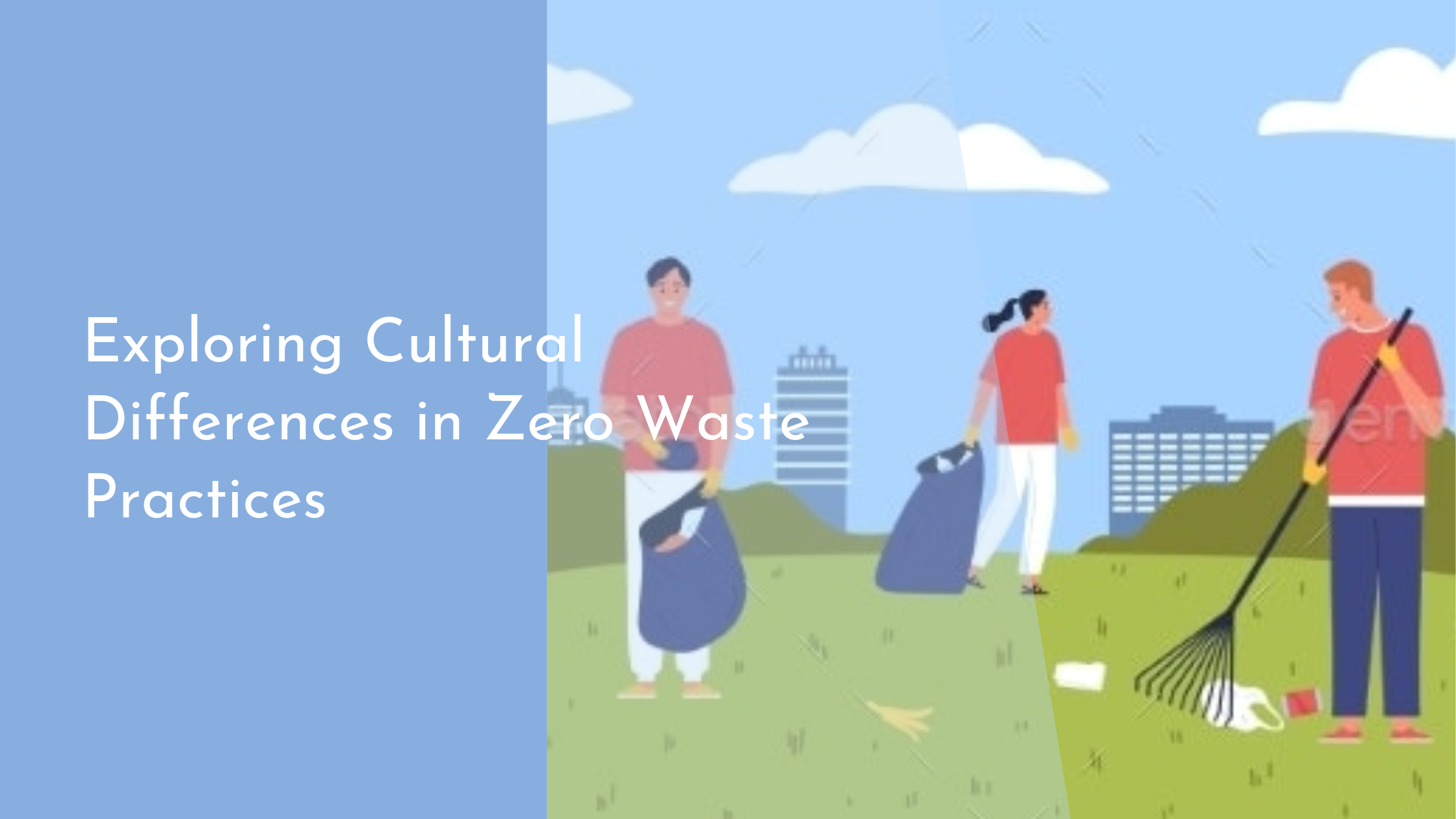Exploring Cultural Differences in Zero Waste Practices
The zero waste movement, which aims to reduce the amount of waste sent to landfills and incinerators, has gained global traction as environmental concerns continue to grow. However, what zero waste looks like can vary significantly across different cultures. To truly understand the breadth and depth of this movement, it’s essential to explore the cultural differences that influence waste reduction practices. By examining these variations, we can gain insight into the innovative approaches and shared goals that unite us in our pursuit of sustainability.
Understanding the Zero Waste Movement Globally
The zero waste movement is both a philosophy and a practical goal that aspires to create a circular economy where resources are reused, repaired, and repurposed rather than discarded. This global movement has seen impressive momentum over the past few decades, spurred by increasing awareness of environmental issues and the pressing need to manage finite resources sustainably. Every nation, with its unique cultural landscape, contributes to this initiative in its own way, reflecting local priorities, traditions, and values.
Around the world, zero waste practices are implemented differently based on the availability of resources and the level of public and governmental support. In some Western countries, grassroots movements and community-led initiatives have driven the adoption of zero waste policies, integrating them into society. Meanwhile, many Asian and African countries have long-standing traditions of resourcefulness and minimal waste, which have naturally evolved into modern zero waste practices. Recognizing these cultural nuances is crucial for understanding the global landscape of the zero waste movement.
Diverse Cultural Approaches to Reducing Waste
In Japan, the concept of ‘mottainai’—an expression of regret over waste—has deeply influenced the country’s zero waste practices. This philosophy encourages individuals to cherish resources and utilize them fully. Japan’s meticulous waste sorting processes and emphasis on recycling reflect this cultural mindset, providing a structured approach to minimizing waste. Furthermore, community involvement in local waste management initiatives helps reinforce these practices, highlighting a collective responsibility towards sustainability.
Contrastingly, in some Scandinavian countries, the emphasis on innovation and technology has propelled advanced waste management systems. Sweden, for example, has become a leader in waste-to-energy initiatives, where non-recyclable waste is converted into energy, powering homes and businesses. This approach not only reduces landfill waste but also promotes energy efficiency. In both examples, while the methods differ, the underlying drive to reduce environmental impact is a shared characteristic that transcends cultural boundaries.
Challenges and Innovations in Zero Waste Practices
One of the significant challenges faced by the zero waste movement is the need to adapt practices to suit diverse cultural, economic, and social contexts. What works in one part of the world may not be feasible in another due to differences in infrastructure, governmental policies, or public awareness. These challenges necessitate innovative solutions tailored to local conditions and require collaboration among governments, businesses, and communities to implement effective zero waste strategies.
Innovation in zero waste practices often arises from necessity, leading to creative solutions that can inspire global change. For instance, in India, the use of biodegradable tableware made from regional plant materials like leaves and sugarcane fibers has gained popularity as an eco-friendly alternative to plastic. These culturally relevant solutions not only address local waste management issues but also provide sustainable business opportunities. Such innovations demonstrate that addressing challenges through culturally sensitive practices can lead to effective and inspiring results.
Celebrating Unity in Sustainability Efforts Globally
Despite the diversity in approaches to zero waste, a unifying theme is the global commitment to sustainability. Countries worldwide are increasingly recognizing the importance of this movement and are working together to share knowledge, strategies, and successes. International conferences and partnerships facilitate the exchange of ideas, allowing nations to learn from each other and adapt practices that align with their cultural values and environmental goals.
At the heart of the zero waste movement is the shared vision of a sustainable future for all. Celebrating this unity in diversity can inspire individuals and communities to embrace waste reduction as a collective effort. By acknowledging and respecting the different cultural pathways to sustainability, we can foster a more inclusive and effective global movement, united in the common goal of preserving our planet for generations to come.
The exploration of cultural differences in zero waste practices highlights both the unique approaches and shared aspirations of communities around the world. As we continue to learn from each other and adapt our strategies, the zero waste movement can only grow stronger. By celebrating the creativity that arises from our cultural diversity, we can collectively forge a more sustainable future. Together, we not only protect our planet but also honor the rich tapestry of human ingenuity that drives us towards a zero waste world.

